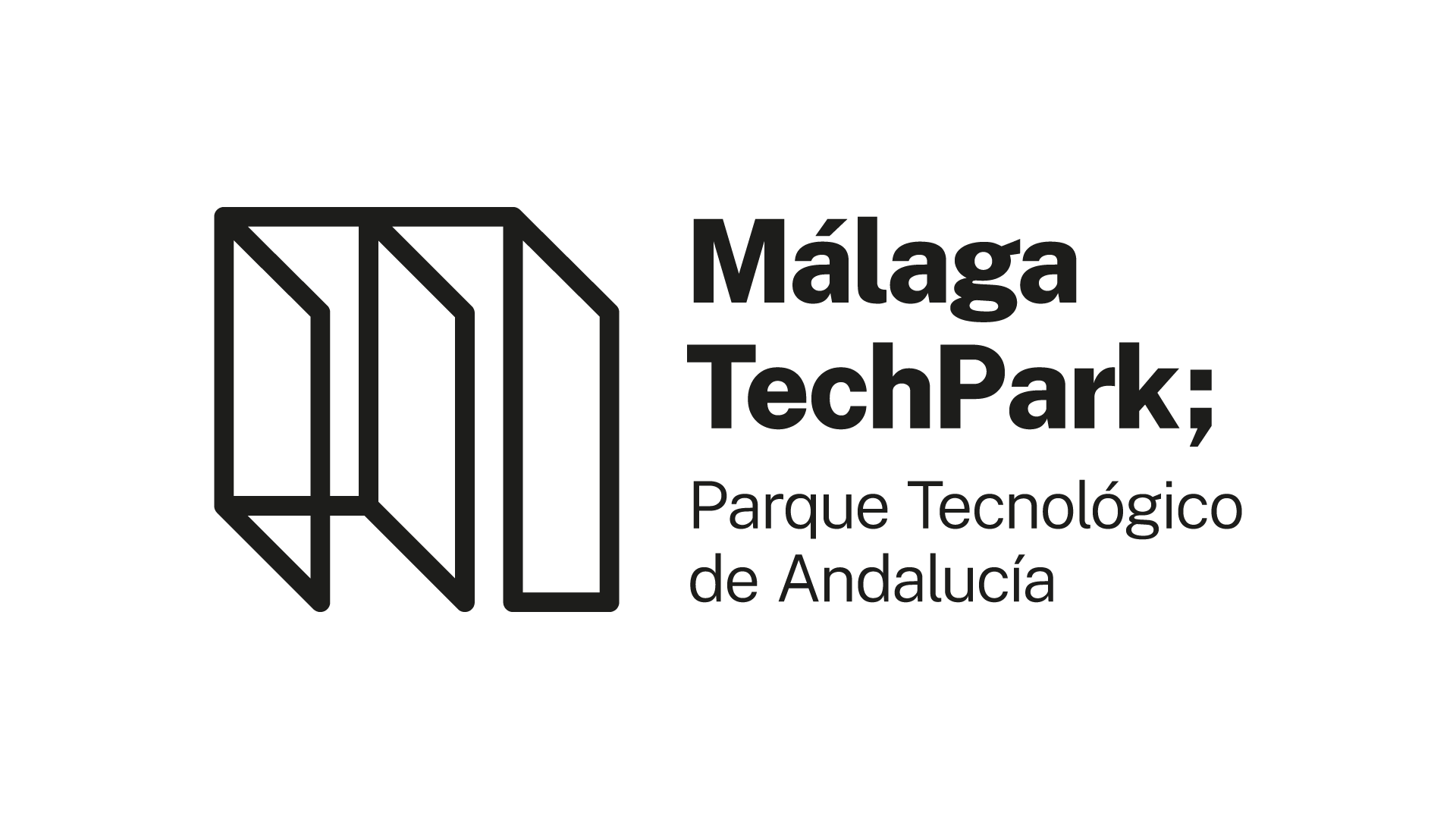-
Oracle4Girls is an initiative to increase girls’ interest in science.
This Saturday, 100 girls of different ages gathered at the E.T.S.I. of Computer Science of the University of Málaga to take part in the latest edition of Oracle4Girls with the participation of, among others, the University of Málaga, Málaga TechPark, Ingeniera Soy, Oracle Academy and the Oracle Women’s Leadership Málaga programme.
In these workshops, the girls, organised in groups according to their age (4 to 16 years old), experienced firsthand what it is like to pursue a STEM (Science, Technology, Engineering, Mathematics or STEM) career.
From the first steps in programming for the little ones, through the development of programmable music, to participate in the creation of a video game, among other activities. All of this brings these careers closer to day-to-day life.
At the same time, the University of Málaga and Oracle gave a talk to the parents of the participating girls to help them understand the current situation and future career opportunities and to encourage their daughters to foster their technological spirit. Manuel Enciso, Director of the E.T.S.I. Computer Science of the University of Málaga, Sofia Schneider, Director of the Oracle Málaga Office and Cloud Systems Snr Sales Director as well as Meryem Chendid, Cloud Systems Solutions Engineer at Oracle, participated in this talk.
This initiative arises because, in these STEM careers, the ratio of women to men is much lower (specifically, according to a report by the Organisation of Ibero-American States, it does not exceed 13%.)
About Oracle4Girls
Oracle4girls is an initiative that was born in 2017 to inspire girls to study technological disciplines. The programme is based on events where different technical workshops are held for girls between 4 and 16 years old. More than 2,300 girls have attended our more than 200 workshops, 90 of them organised in virtual mode during the pandemic.

